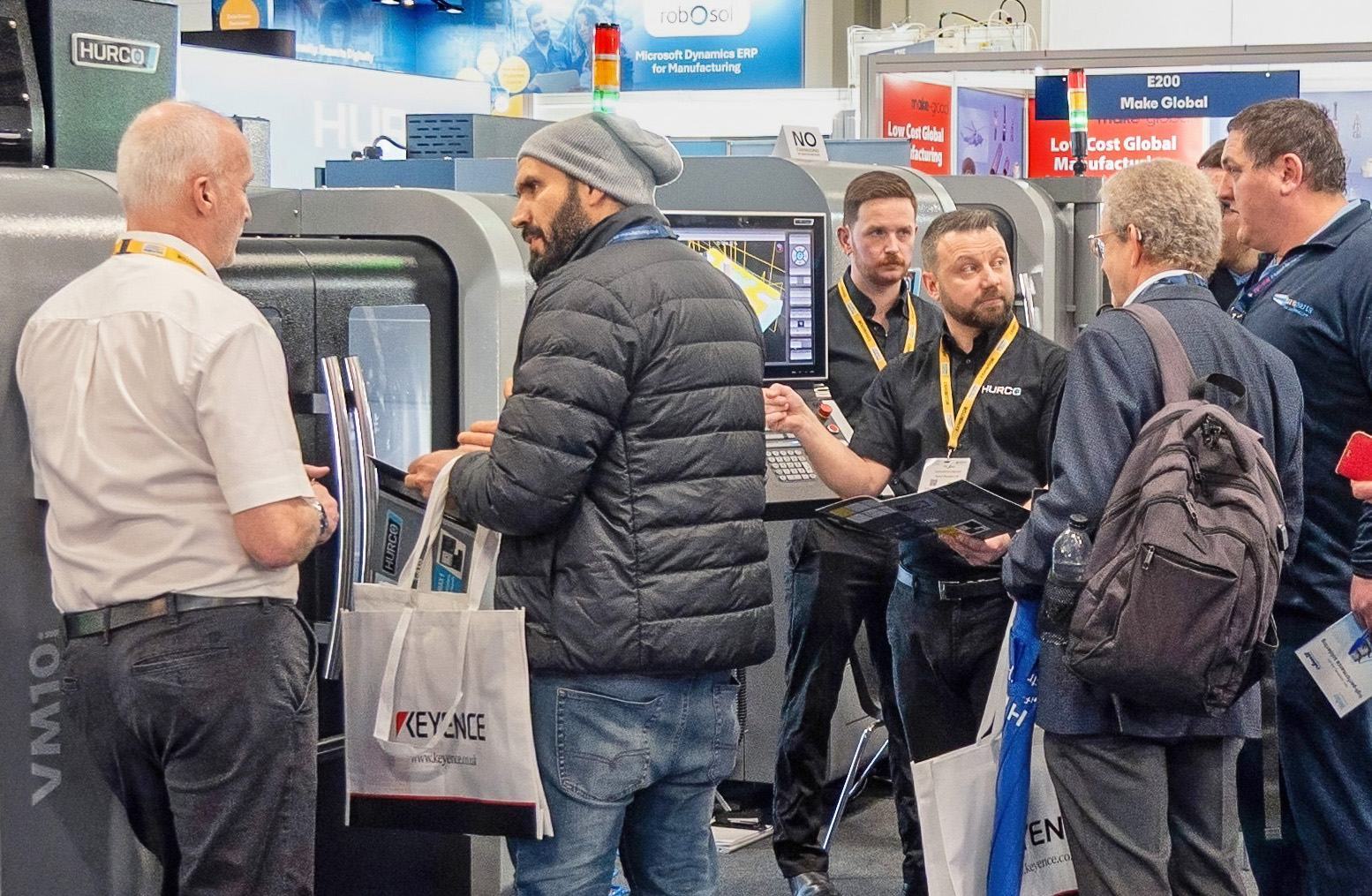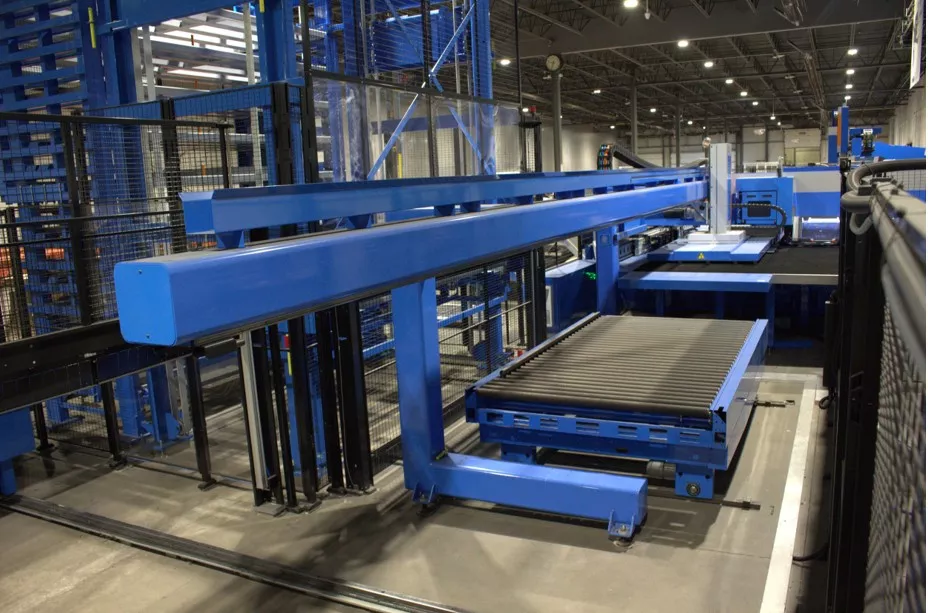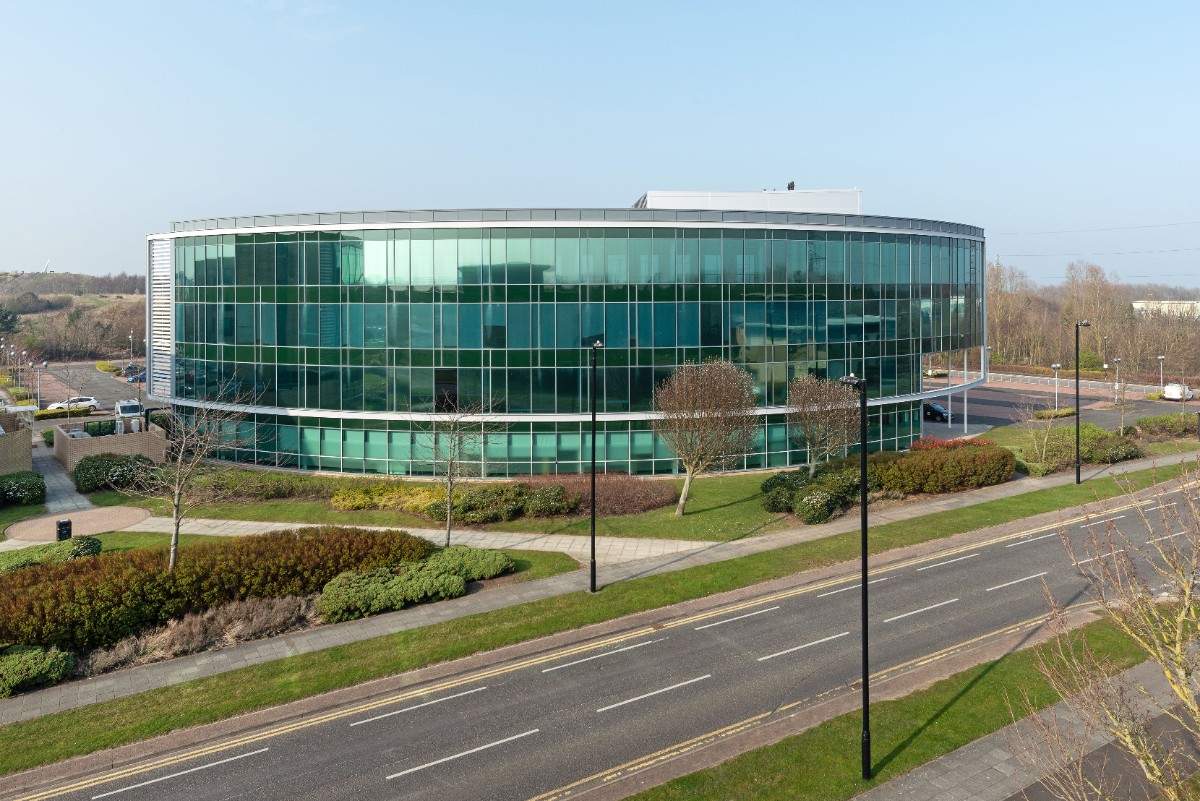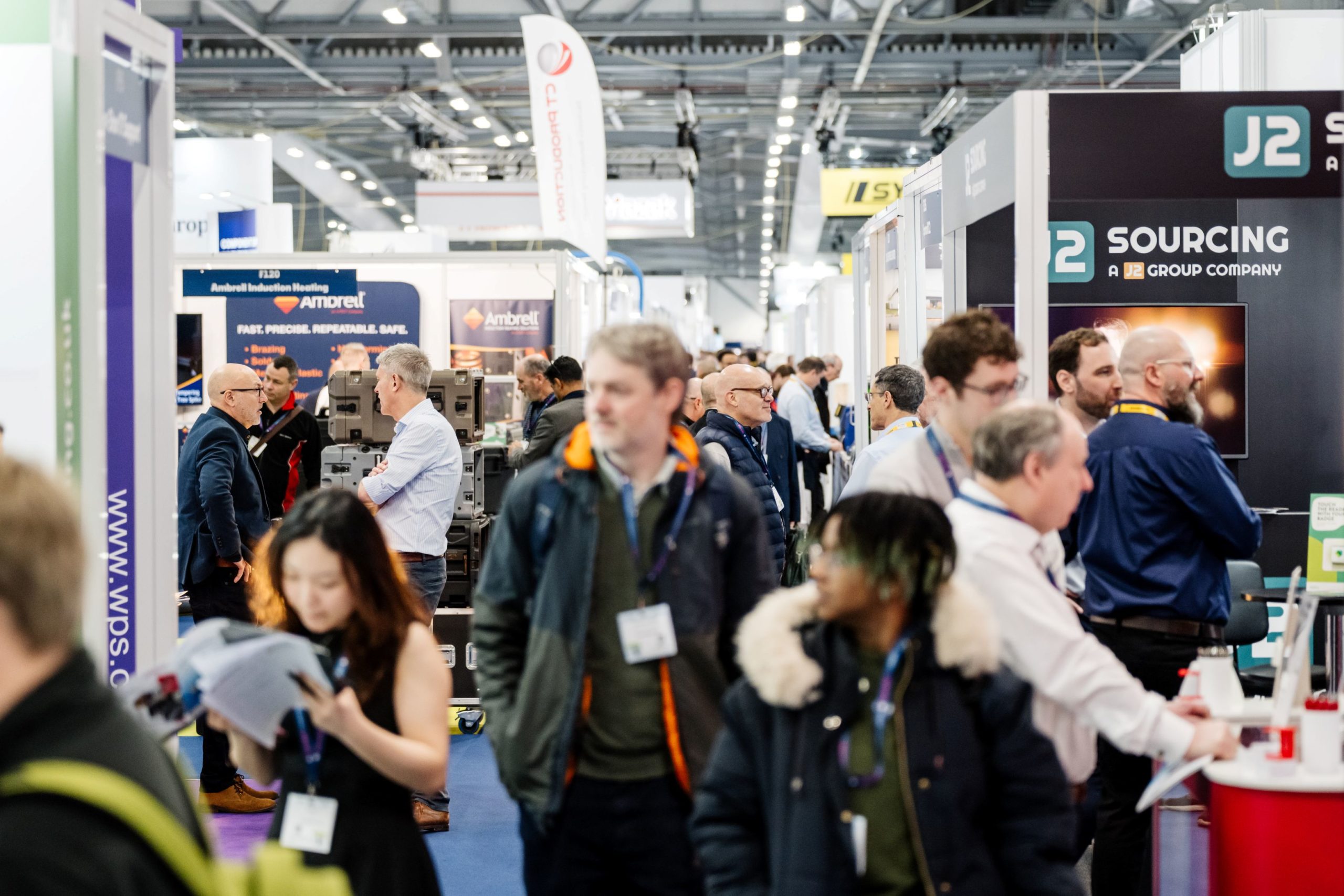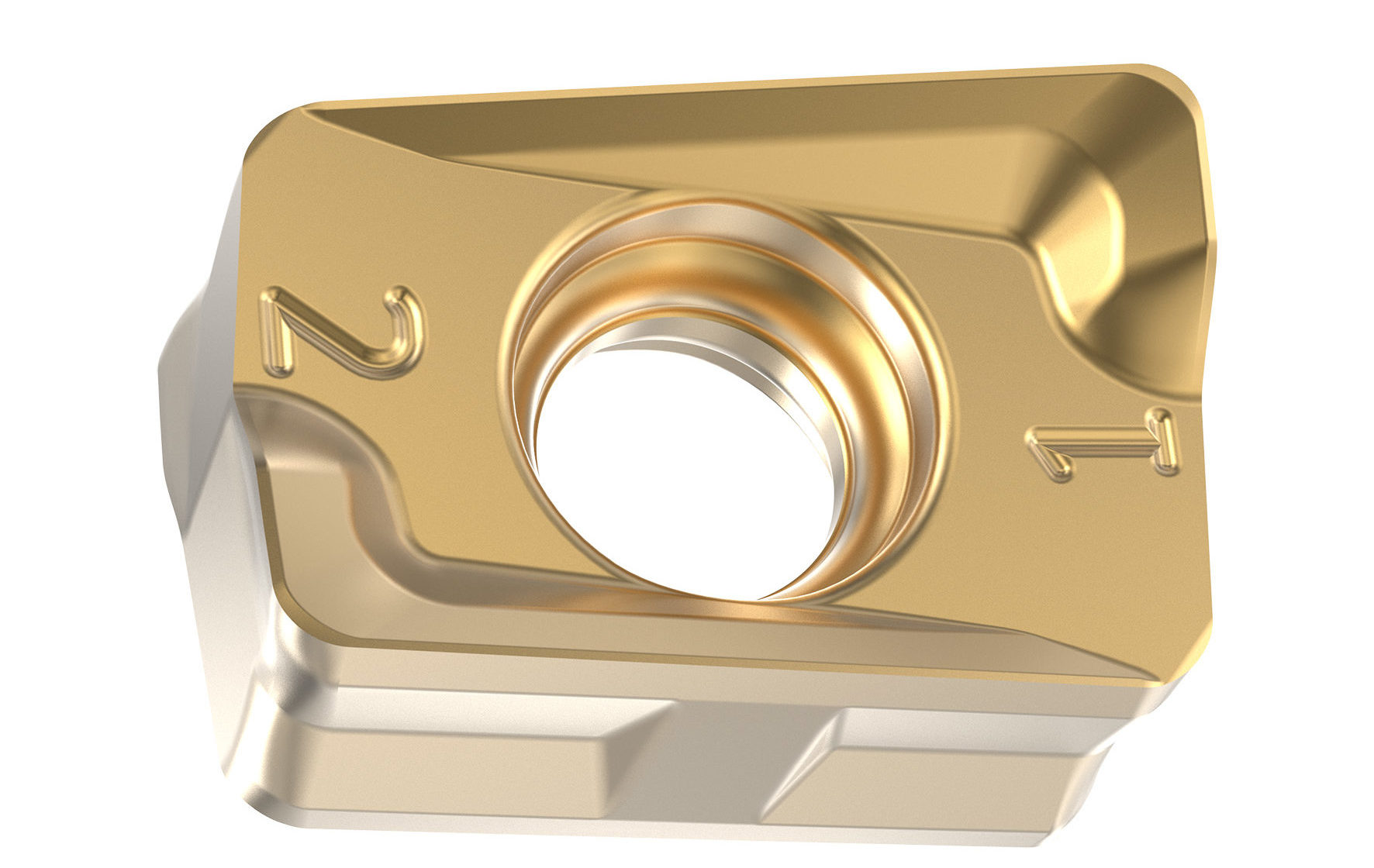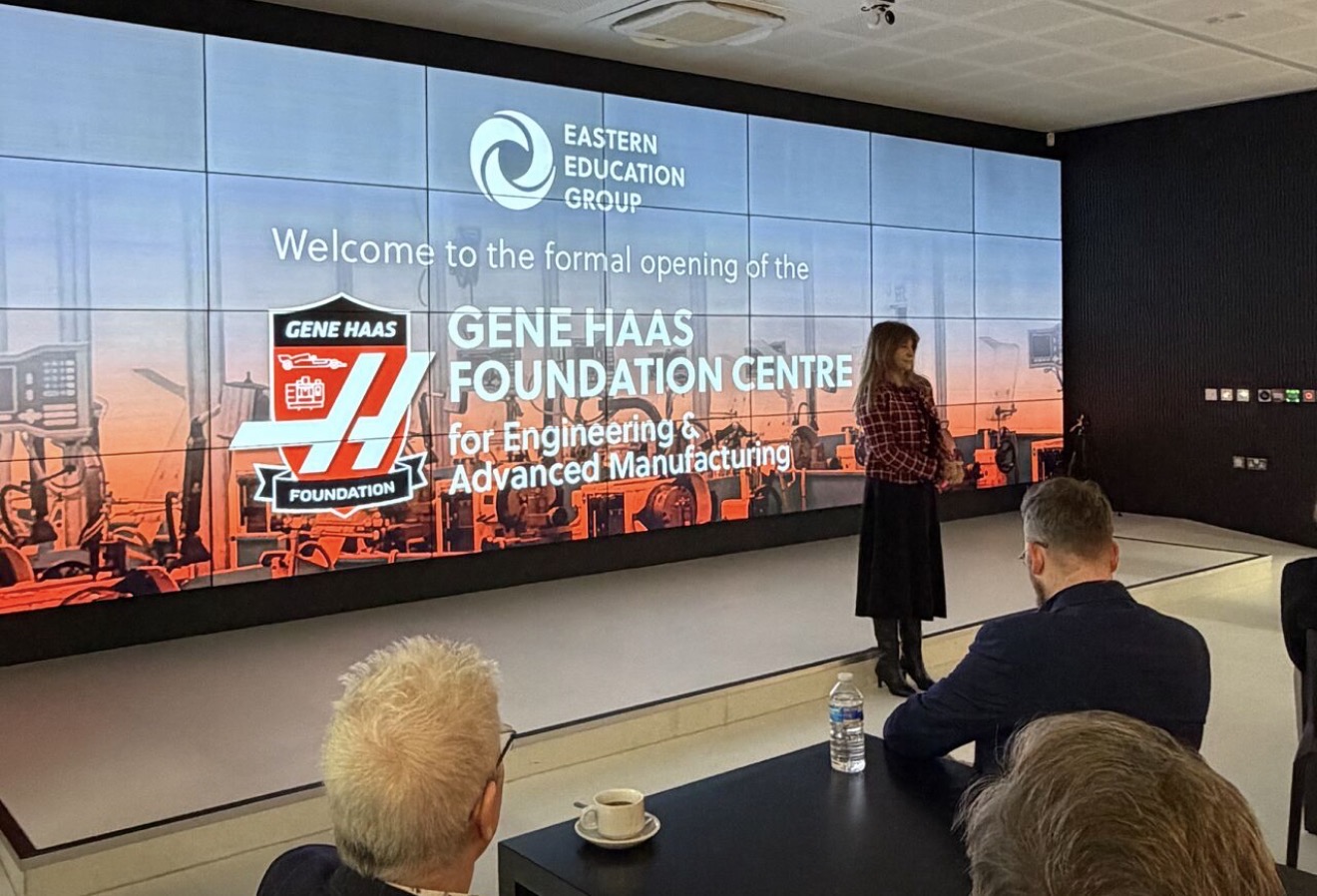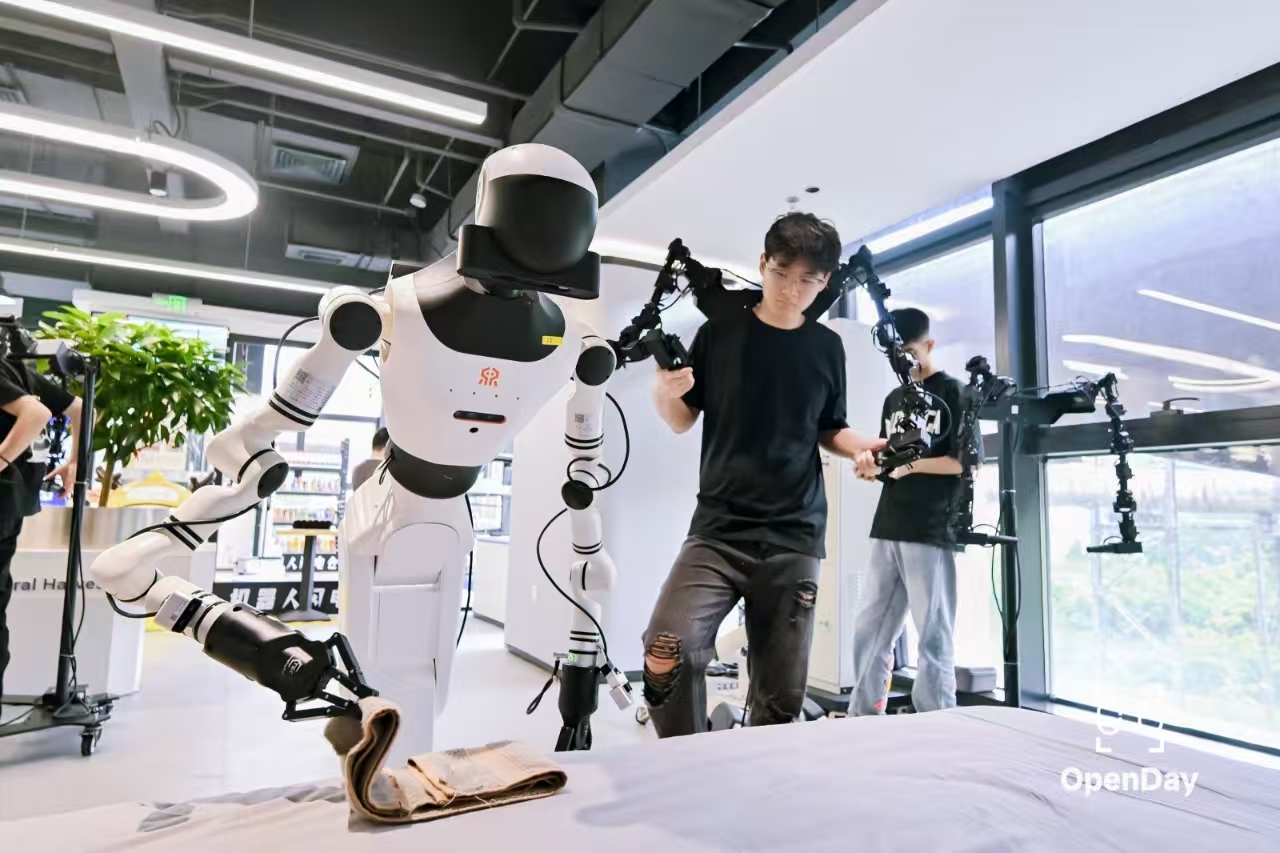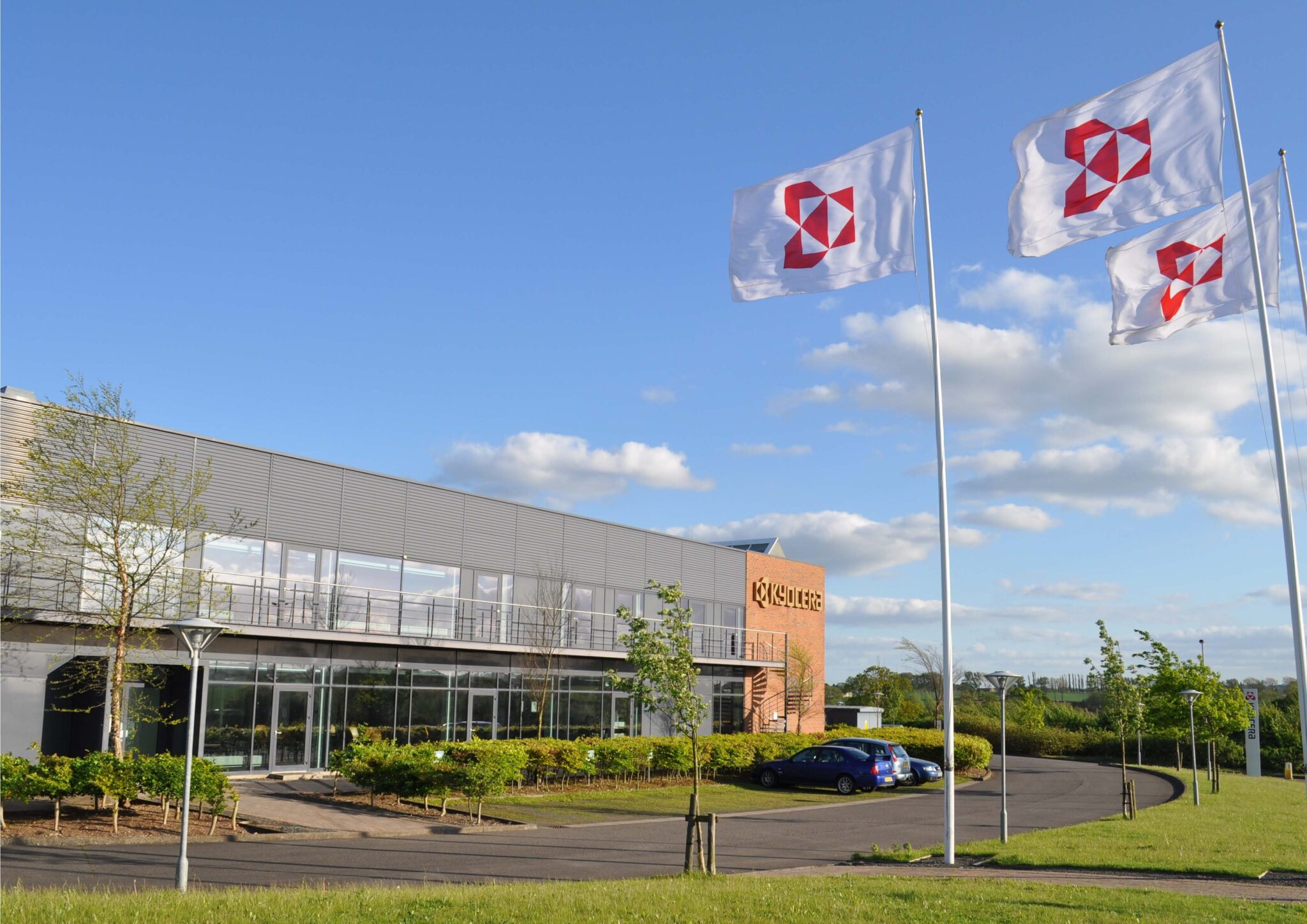Work-holding technology specialist benefits from Vericut CNC simulation software
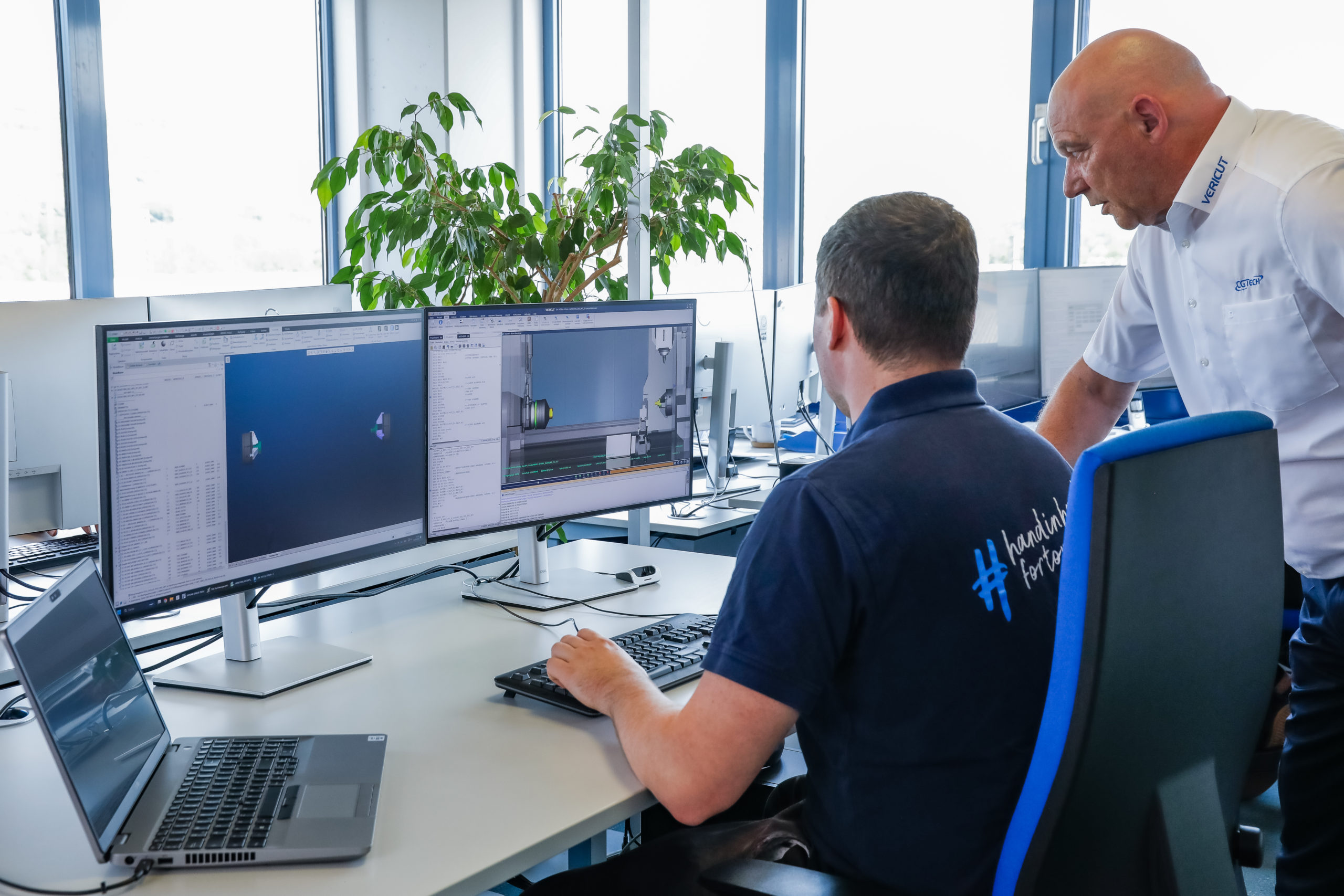
When it comes to process optimisation in industrial production, it’s hard to overlook gripping and clamping technology specialist Schunk. The family-owned company says it stands out for its innovation, quality and solution expertise – not to mention its investment in the latest manufacturing technologies. A case in point is Vericut CNC simulation software.
Founded in 1945 by Friedrich Schunk as a small mechanical workshop, Schunk is today an international technology company with 3,700 employees in over 50 countries. Led by the third generation of the family, Kristina and Henrik Schunk, the company boasts expertise in clamping technology for tools and workpieces, grippers, and automation technology.
“Our components, applications and services support our customers and partners globally in process optimisation,” emphasises Fatih Gülgönül, Head of Engineering. “In addition to individual high-tech components, we provide complete intelligent solutions for robotic systems – as well as for various production and automation processes – all from one source for custom client applications.”
High manufacturing depth and quality standards
Due to its product portfolio of over 13,000 standard components and 2,000 customer-specific parts, Schunk’s main production sites in Lauffen and Hausen – north of Stuttgart – emphasise high manufacturing depth.
“For us, each step of the process must deliver maximum efficiency with the highest quality,” says Production Manager Steffen Gotzmann, highlighting the importance of in-house manufacturing at Schunk. “That’s why we keep all necessary competencies in-house and control every process step ourselves.”
At the Lauffen plant alone, about 250 skilled workers and over 150 CNC machines work in three shifts to produce various components, mainly for clamping technology, from different materials. A walk through the production halls offers a great insight into Schunk’s high-quality standards
“All core machines in our main production lines are CAM-programmed, which keeps downtime to a minimum,” says Steffen Gotzmann. “Schunk employs a total of 68 CAM programmers – nine of whom focus on custom clamping technology for smaller batches and order-specific production. In this department alone, we create around 3,000 NC programs annually for approximately 2,000 custom products.”
Process reliability is key
For both department heads, maximum process reliability is critical for a cost-effective production process, as waste is something Schunk cannot afford. Alongside CAM programming and automation, the simulation of production tasks before actual machining plays a significant role.
“Machine simulation is a key element for a safe machining process,” states Fatih Gülgönül. “The simulation integrated into the CAM system is not enough. It’s crucial that the simulation we run in the office perfectly matches the real processes on the machines, including the kinematics of the equipment. Only then can we ensure that what we’ve programmed will be executed exactly as intended.”
Adds Steffen Gotzmann: “Vericut provided the complete package: the software delivers exactly what we need for efficient and safe production, and the Vericut team offers reliable support with their expertise.
Says CAM administrator Juri Buling: “When machines are idle, it costs a lot of money, and we want to avoid that. That’s why investing in Vericut was the logical step.”
With Vericut, it is possible to simulate the entire clamping situation, including the blank, clamping tools, machining tools and the machine itself. According to Juri Buling, this virtual machining process has significantly increased process reliability in Schunk’s production.
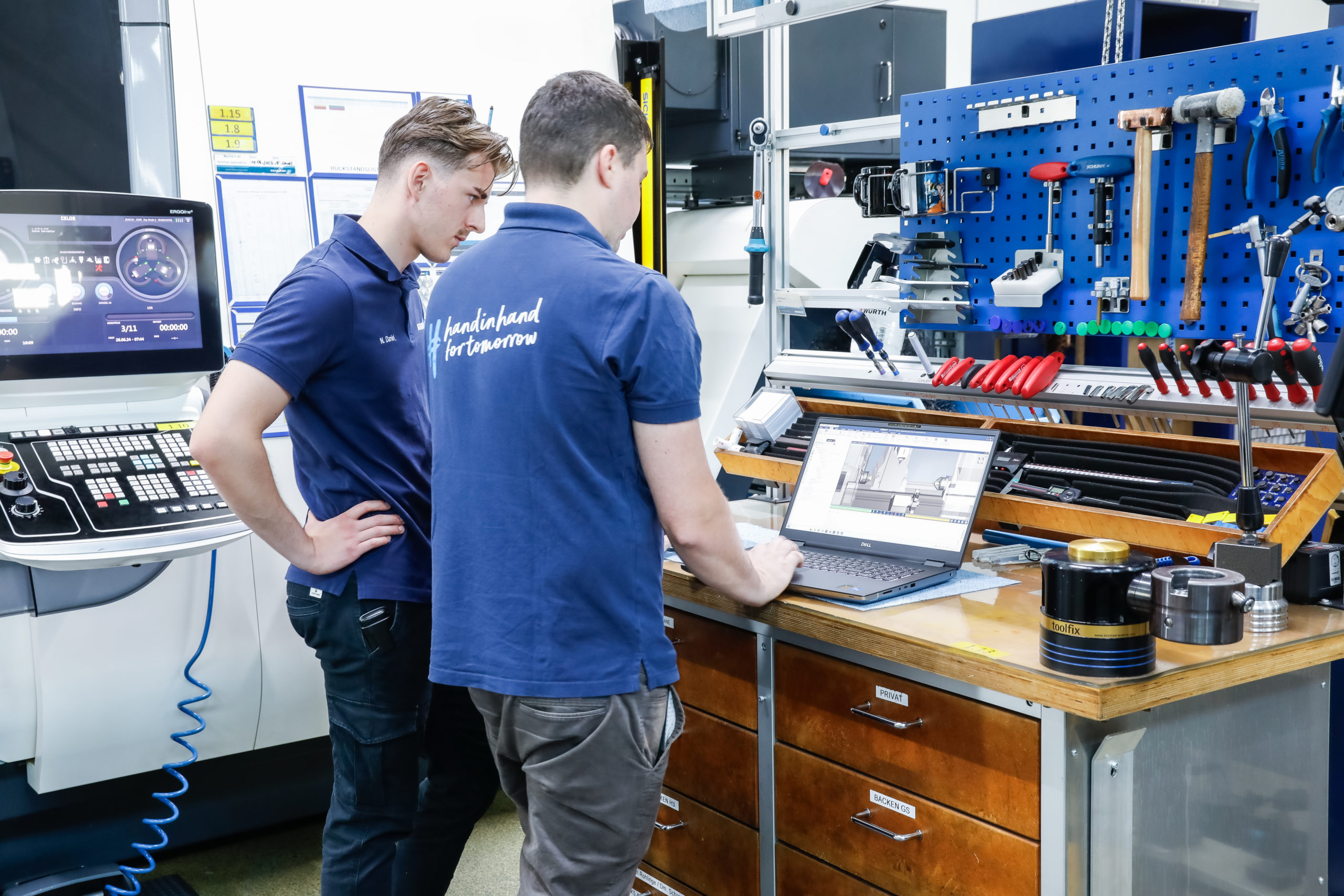
An integral part of the process chain
A key feature of Vericut, according to Hans Erkelenz, Managing Director of CGTech Germany, who led the project, is the fully independently developed software: “Since 1988, Vericut has been considered a benchmark in machining production, leading the field in machine simulation, verification and optimisation for all types of CNC machining, as well as additive and hybrid manufacturing processes. The software operates independently and integrates with all common CAM systems.”
Currently, Schunk simulates 34 machine tools with Vericut in Lauffen.
“We can simulate and optimise all our machines, including automated multi-channel turn-mill centres, with 100% accurate kinematics,” says Juri Buling. “We can also simulate features like engraving or transferring parts from main to counter-spindle, so Vericut is an essential part of our process chain.”
Hans Erkelenz adds: “Vericut simulates the real machine environment with precise multi-axis and high-speed movements, multiple set ups, and complex tool shapes, providing insights into potential collisions with holders or fixtures.”
Minimised set up and downtime
Due to the wide variety of customer-specific solutions at Schunk, frequent set ups are necessary.
“Thanks to CAM programming and Vericut simulation, we manage to keep set-up time and downtime as low as possible,” reveals Steffen Gotzmann. “The NC program is already prepared on the machine, and we know it works because we’ve verified it with Vericut.”
According to the production manager, having a verified NC program also gives machine operators more confidence, allowing them to run new parts faster and more effectively.
“Not to mention that we can optimise programs through Vericut without having to test them directly on the hardware – a significant advantage in times when continuous productivity increases are essential to remain competitive.”
Project timelines met
Since implementing Vericut, collisions have been eliminated at Schunk, and unnecessary costs due to downtime are avoided.
“The project was challenging, so it’s all the more remarkable that Vericut fully met the timeline,” emphasises Fatih Gülgönül.
The next steps for Schunk are already clear, as Juri Buling concludes: “Our goal is to digitise all production sites and equip them with Vericut, ultimately securing our competitiveness.”

